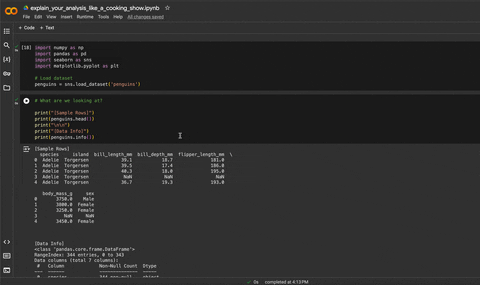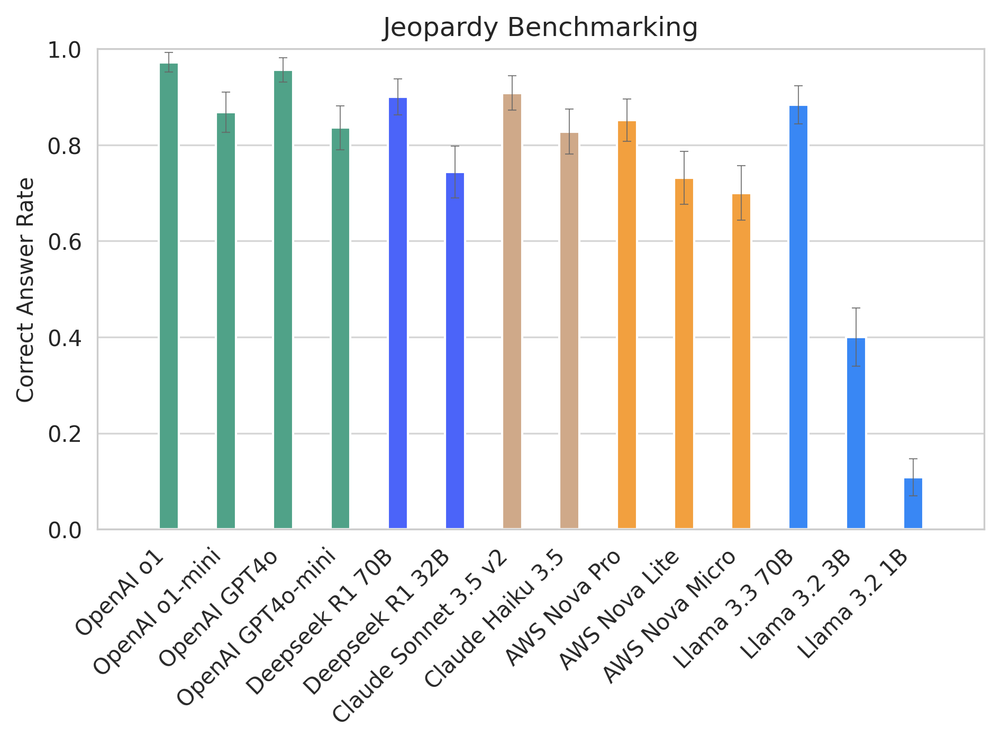Getting that first job as a data scientist can feel impossible. You are caught in a classic catch-22: you need to be experienced and confident to get a job, but you need a job to gain experience and confidence. It's a frustrating cycle that many aspiring data scientists find themselves trapped in.
When it comes to interview preparation, most people think of it as a "studying" exercise. They focus on brushing up on algorithms, reviewing statistical concepts, and practicing coding problems. While this knowledge is certainly important, it's only table stake. An interview is not an exam. While every interviewer has different criteria, generally I'd say there are three C's of a hirable data scientist:
- Contribute: can you get the job done as a data scientist?
- Communicate: can you explain your work effectively?
- Collaborate: can you take inputs from others, and build towards a common goal?
Having knowledge is a necessary but not sufficient condition to meet the three C's. So studying alone is not enough. Then, what additional interview practices can you do to prepare for a data science interview?
An Unusual Practice that is Highly Effective
As a hiring manager, I've talked to many aspiring data scientists who have a lot of potential, but struggle to get a job. They are full of drive, willing to put in the work, but just don't know exactly how to boost their interview profile.
After several ad hoc coaching sessions, we arrived at a practice methodology that has turned out to be highly effective: explain your analysis like you're hosting a cooking show.
Explain Your Analysis like You're Hosting a Cooking Show
As a data scientist, you've probably done countless data analysis projects. You've pulled data, cleaned it, manipulated the data frame, and made plots to highlight the patterns you've found.
Usually you go through this work quietly in front of your computer. Just like usually, when I cook and I'm alone in the kitchen, I wouldn't loudly announce every step.
But on cooking shows, you'd never see a silent host. The ability to make the food ("contribute") is just table stake. The key to a lively cooking show is to go through the process, and engaging with the audience ("communicate" and "collaborate").
So go to one of the analysis projects you've done recently, or start a new one. Then go through your steps as if you are hosting your very own cooking show. And like a cooking show, there are some important points you'd make:
- Ingredients: What are your data sources? Why are they reliable? How is it collected?
- Preparation: What does your data look like? How do you clean and prepare it? How do you decide what to do with it?
- Presentation: What is the finding of your analysis? How do your plots portray your story? Why is it interesting?
By going through your analysis and explaining it out loud step-by-step, you practice communicating your thought process. A data analysis project is full of micro-decisions. Depending on the problem, the data, and what you find each step, you need to update what approach you take next. The ability to explain how you make decisions, and backing it up with clear reasoning, is a key skill that you can develop by practicing.

Don't Forget Your Audience
A lot of cooking shows aren't just about the chefs. You might have co-hosts, guests, or an audience asking questions throughout the show. Similarly, during interviews, it won't be just you talking about your work for an hour.
The interviewer will pepper you with questions and comments, and you need to simultaneously keep your train of thought going, and also involve the interviewer in your thinking process.
So, level up your "Analysis Cooking Show" by also playing the role of the audience. As you talk through your analysis steps, imagine what questions the interviewer might ask, and ask them by playing the role of the interviewer! Then go back to your original role, and answer the questions thoughtfully.
As you make this "Analysis Cooking Show" back-and-forth, you are not only practicing communication, but also your ability to keep the interviewer engaged. This is important in multiple ways. First, you need to imagine what the interviewer might ask - this requires empathy and understanding. Imagining how your audience might react is a necessary step to preparing great material. Second, you are also practicing listening skills. Often, interviewers provide feedback or even hints to the candidate during an interview. When that happens, it's important to pick up on these messages and adjust your analysis on-the-fly.
Simulate the Interview Process
Essentially, by doing the "Analysis Cooking Show", you are simulating an analytical interview. This simulation approach has proven benefits.
Sports research has shown that simulations are effective in helping athletes develop skills and improve competition performance. The same principle applies here.
It might sound unusual or even outright silly to talk through your Jupyter notebook loudly by yourself. Pretending to be the interviewer and asking yourself questions is even more strange. But these exercises serve a purpose. They'll get you more used to the mechanics of exhibiting the three C's of a hirable data scientist:
- Contribute: By working through your analysis out loud, you're practicing how to showcase your technical skills.
- Communicate: Explaining your process step-by-step hones your ability to articulate complex ideas clearly.
- Collaborate: By imagining and responding to potential questions, you're preparing to engage in a dialogue about your work.
Remember, the goal isn't just to do the analysis. It's to become comfortable discussing your work, defending your choices, and thinking on your feet. These are crucial skills in any data science interview. And albeit unusual, the "Analysis Cooking Show" is a great way to practice these skills.








